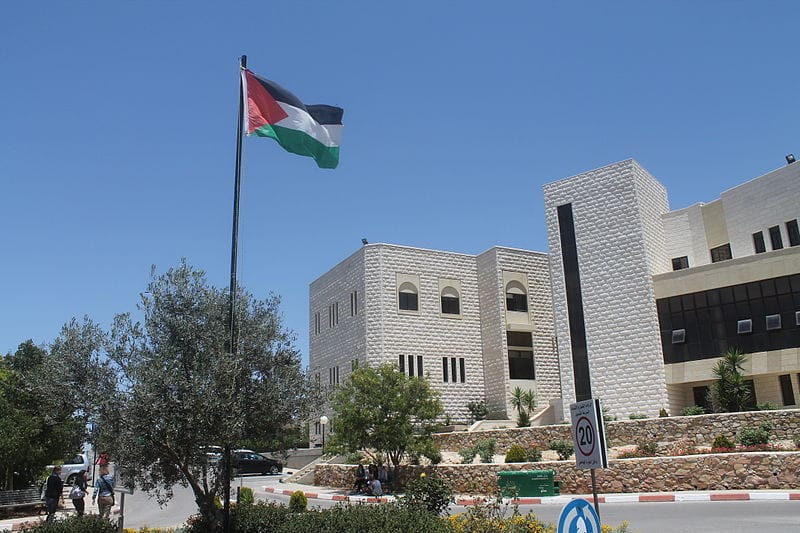How One Palestinian University is Remaking ‘Israel Studies’
At Birzeit University in the Israeli occupied West Bank, students and faculty are fundamentally remaking the dominant paradigm of Israel Studies as it has been configured in the United States with its proud “advocacy” mandate on behalf of the Israeli state. Birzeit’s program turns this paradigm insi











